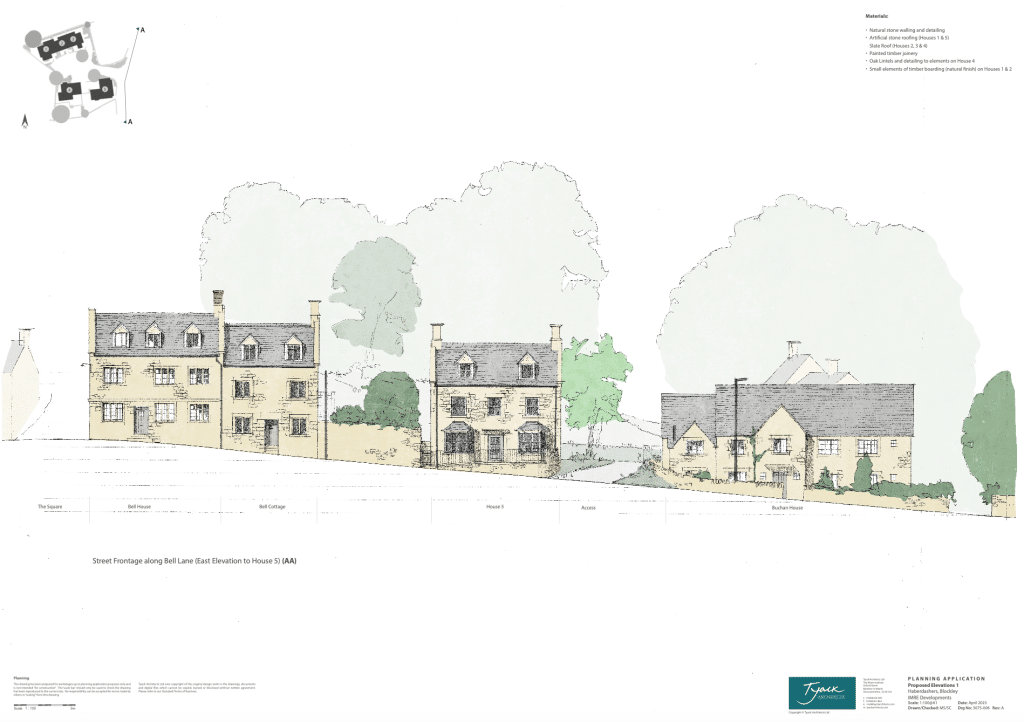McLoughlin Planning are pleased to have sustained the planning permission for Sheen Mount Primary School’s swimming facility in Richmond, London.
The additional hours will support a health and wellbeing initiative by the school for their staff and provide additional swimming lessons for children on a new scholarship programme to learn this life-saving skill.
Whilst variations to opening hours can be straightforward, in this instance the school’s proximity to neighbouring residential properties and local parking constraints, concerns relating to an increase of noise from the swimming facility during weekends and the impact of drop off and collection on highways were raised by residents and the highway officer.
Working proactively with both the case and highway officers, and using TFL highway data, we were able to demonstrate that students primally travel to the school by foot/cycling or scooter rather than by car and that travel is highly sustainable. In addition, we were able to reach an agreement on limiting the number of students per lesson to manage the level of movement and noise from the facility.
We are so pleased to have helped ensure that further students will be able to secure lessons for such an important lifesaving skill and provide education staff with further opportunities to support their well-being.
4 key successes:
- Earlier opening times for students and staff to utilise the facilities.
- Evening swimming classes.
- Noise management plans controlled.
- An opportunity given to children who want to learn this life saving skill.
If you would like a FREE initial consultation call, then please get in touch!
Chris Moore,
chris.moore@mplanning.co.uk
01242895008



